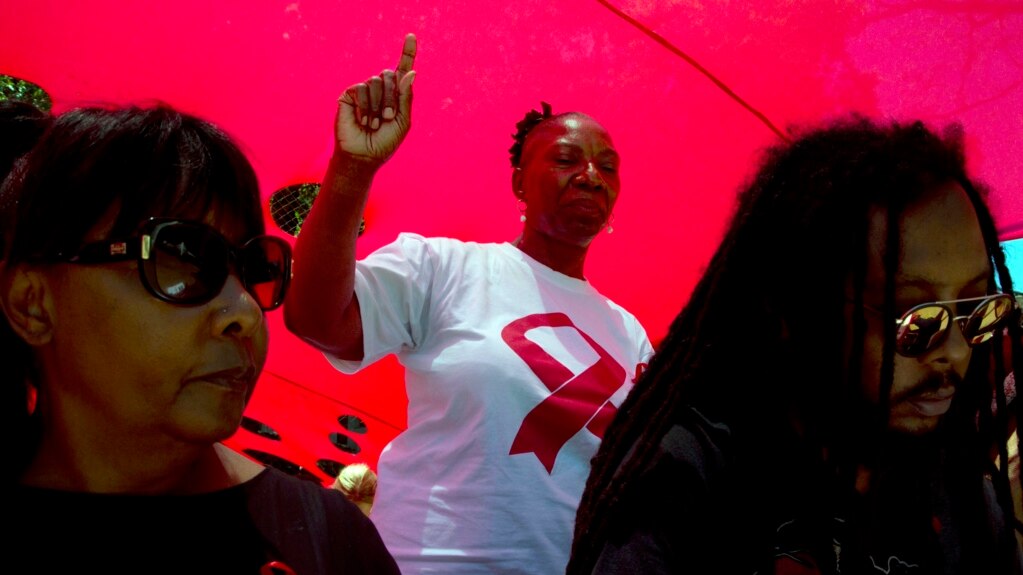A South African company will make vaginal devices that protect against HIV. Medical experts say that should at some point make them less costly and more easily available.
HIV is a virus that causes AIDS, a serious disease that affects the body’s natural defense system, or immune system.
The Population Council is an international nonprofit that does medical research. It announced recently that the South African healthcare company Kiara Health will start making the devices, or rings, from the medical product silicone in the next few years. It estimates that 1 million could be produced each year.
The devices release a drug that helps prevent HIV infections. They are approved by nearly 12 countries and the World Health Organization (WHO).
The nonprofit group owns the rights to the ring, which are now made by a Swedish company. About 500,000 rings are currently available to women in Africa at no cost, bought by donors.
Ben Phillips is a spokesman at the U.N. AIDS agency. He said the ring gives women the freedom to use it without anyone else’s knowledge or agreement.
“For women whose partners won’t use a condom or allow them to take oral (preventative HIV) medicines, this gives them another option,” he said. A condom is a device worn by a male partner to prevent pregnancy and the spread of sexual diseases.
HIV remains the leading cause of death among women of reproductive age in Africa. And 60 percent of new infections are in women, information from WHO shows.
The ring releases the drug dapivirine in small amounts over a month. It currently costs $12 to $16, but experts expect the price to drop once it is widely produced in Africa. Developers are also working on a version that will last up to three months, which should also lower the yearly cost.
WHO has suggested the ring be used as an additional tool for women at high risk of HIV. Officials in more than 12 African countries, including South Africa, Botswana, Malawi, Uganda and Zimbabwe have also approved it.
WHO pointed to two studies in its approval, saying the ring reduced women’s chances of getting HIV by about a third. While other research has suggested the risk could be dropped by more than 50 percent.
I’m Gregory Stachel.

